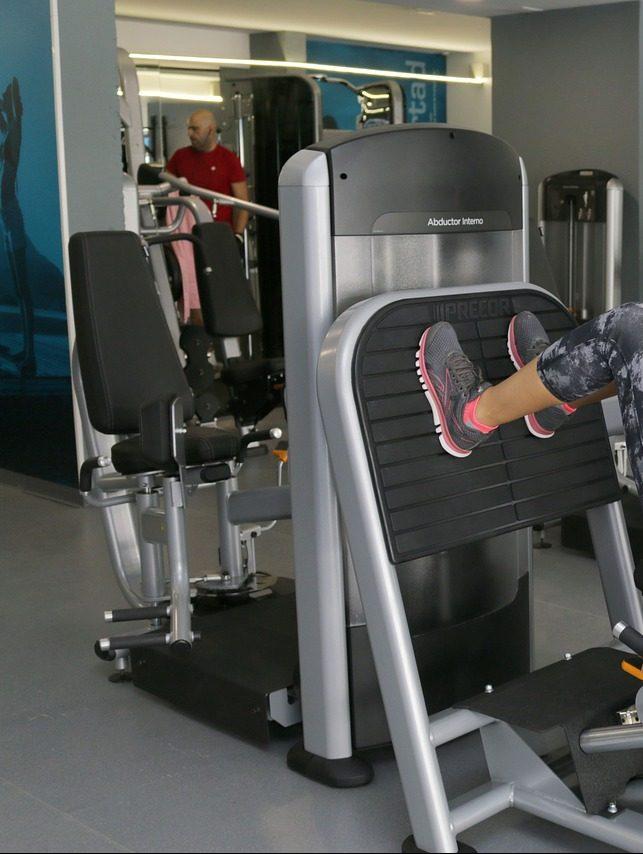Some district health boards are classing close contactsin gym settings while others are not following the covidrules as set by the Ministry of Health, ExerciseNZ chiefexecutive Richard Beddie says.
The inconsistency ofthe DHBs is a real concern and Beddie says some of the DHBsare just lazy in making their close contactdecisions.
“In one case, we had a gym that was toldeveryone that visited in a three hour block was a closecontact without any checking with the facility as to wherethe person went, and who in the facility met thethreshold,” he says.
“More than 200 individualscould have been classed as a close contact when in realityit’s possible less than half a dozen who meet thedefinition.
“We’ve worked out that as each personneed to self-isolate, that is $250,000 of lost productivityfrom one decision and we are about to have thousands ofthese a day.
“Gyms have a lot of technology to helpwith contact tracing, swiping cards for precise entry timesand cameras in entrance areas for exit times.

“Oftenthey already have a photo of every member on file so theycan keep the privacy of the member protected while stillquickly identifying who are close contacts so they can beswiftly notified. This is far more effective than a blanketapproach of posting on the national covid website‘everyone who visited should stay at home’.
“Weare just asking the DHBs follow the guidance from the MOHand work with the gyms which have the ability to identifyany close contacts.
“At the moment we can only slamsome DHBs for their inconsistency. We want them to work withus, we can help.”
While covid’s omicronuncertainty remains, it is clear regular physical activityand fitness centres are part of the near and long-term covidresolution.
Exercise facilities provide affordableaccess to tangible physical and mental health benefits thatcombat isolation while giving people an outlet for theirstress and anxiety.
Gyms that follow coronavirusmitigation strategies and strict protocols, such asenforcing masks, capacity limits, scanning in, and promptcleaning are helping Kiwis get through thepandemic.
Beddie says the team of five million isadhering to best public health practices - its important theDHBs work with gyms to recognise what they are doing tohelp.
Exercise is hugely more important for people’smental health since covid arrived almost two years ago,according to a major recent ExerciseNZsurvey.
ExerciseNZ’s latest survey has shown 63percent of people are now exercising to help with theirmental health.
Exercise is as effective asanti-depressants when treating mild to moderate depression,according to research.
Beddiesays the government, including Prime Minister JacindaArdern, has repeatedly stated their commitment to improvingmental health, including announcing several large plannedfinancialinvestments.
© Scoop Media




